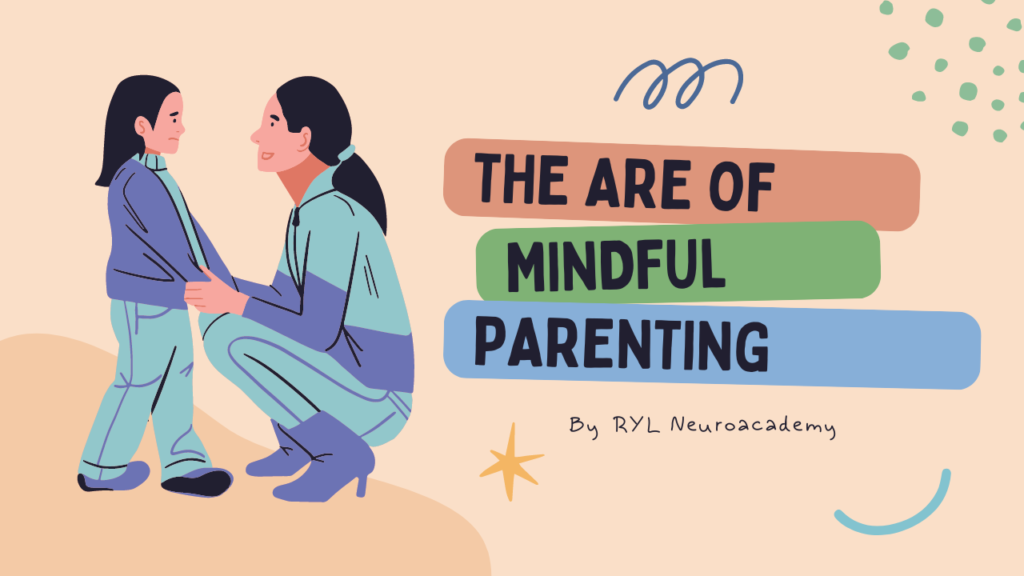Introduction
ADHD (Attention Deficit Hyperactivity Disorder) is a neurodevelopmental condition that affects focus, impulse control, and behavior regulation in children. Common challenges include difficulty paying attention, hyperactivity, and emotional outbursts.
That’s why mindful and patient parenting is essential in helping children thrive. Implementing the right parenting strategies for ADHD children can improve daily routines, boost confidence, and support their emotional growth in a healthy, balanced way.
✅ 2. Understand Your Child’s Unique Brain
ADHD child behavior is often marked by hyperactivity, impulsive actions, and short attention spans. These symptoms can make it hard for children to follow instructions, complete tasks, or stay focused in school.Understanding how ADHD affects kids helps parents and teachers respond with patience and effective support.
With the right strategies, children with ADHD can thrive both academically and emotionally.
✅ 3. Consistent Routines and Structure
One of the most important strategies for helping a child with ADHD is creating a consistent daily routine.
Predictable schedules reduce anxiety and help children feel secure, as they know what to expect next.
Having an ADHD daily routine for kids might include:
A fixed time for waking up, meals, study, play, and sleepVisual
schedules or charts with icons or colors to guide them
Transitions that are announced in advance to avoid meltdownsChildren with ADHD respond well to structure.
The more predictable the day, the easier it becomes for them to stay on track and self-regulate.
✅ 4. Clear and Simple Instructions
Many children with ADHD struggle to process complex directions. To support better communication, always use short, simple, and direct instructions.
Give one-step directions at a time instead of multi-step commandsUse visual aids like flashcards, charts, or even pictures to guide tasks
Maintain eye contact and ask your child to repeat what they’ve heardWhen it comes to communicating with an ADHD child, clarity is key.
Keep your language simple and encouraging, and avoid overwhelming them with too much information at once.
✅ 5. Positive Reinforcement and Praise
ADHD children often hear more corrections than praise, which can damage their self-esteem.
As a parent, make it a habit to celebrate small wins through positive reinforcement.
Use reward systems for ADHD that are consistent and easy to understand:Sticker charts, points, or token systemsImmediate and specific praise (e.g., “Great job focusing on your homework for 10 minutes!”)
Non-material rewards like extra playtime or a special outing
This approach, also known as positive parenting for ADHD, helps reinforce good behavior and builds motivation over time.
✅ 6. Break Tasks Into Manageable Steps
Large tasks can be overwhelming for an ADHD child. The best approach is to break down assignments into smaller, doable steps, which helps maintain attention and reduces frustration.
For example:Instead of saying
“Clean your room,” start with “Put your toys in the box.
”Use timers to create short work periods with breaks in between.
These are powerful focus strategies for ADHD children, enabling them to complete tasks without feeling defeated.
✅ 7. Encourage Physical Activity
Movement is not just a way to burn energy—it’s a proven method to enhance focus and regulate mood in kids with ADHD.
Daily exercise for ADHD kids can:Improve attention span and executive function
Reduce hyperactivity and restlessnessBoost serotonin and dopamine, essential for emotional balance
Activities like swimming, cycling, martial arts, or even dance can work wonders.
Make movement a regular, fun part of your child’s day.
✅ 8. Work With Teachers and Therapists
Parenting a child with ADHD isn’t a solo journey. Building a strong support system involving teachers, therapists, and caregivers is crucial.Effective parent-teacher communication for ADHD includes:
Regular check-ins about classroom behavior and progress
Shared strategies for behavior managementCollaborating on IEP (Individualized Education Program) goals
if applicableExplore ADHD support strategies through occupational therapy,
behavioral counseling, or parent training programs for added guidance.
✅ 9. Practice Patience and Self-Care
Parenting a child with ADHD requires patience, flexibility, and emotional strength.
It’s easy to feel drained or discouraged—but your well-being is just as important.
Here’s how to practice self-care for parents of ADHD children:
Set realistic expectations for both yourself and your child
Take breaks when needed—ask for help without guilt
Join support groups or communities to share experiences
Engage in hobbies, journaling, or mindfulness to recharge
Remember: a calm, regulated parent can respond better to a dysregulated child.
10. Conclusion: Hope, Progress, and Connection
Raising an ADHD child isn’t about achieving perfection—it’s about progress, connection, and resilience. From creating an ADHD daily routine for kids to using clear communication, positive reinforcement, and strong support networks, small changes can lead to powerful results.
Each day is a new opportunity to grow together. And with mindful, consistent parenting, your child can unlock their full potential.💬 We’d love to hear from you! Share your parenting journey, challenges, or tips in the comments below to help others walking the same path.

